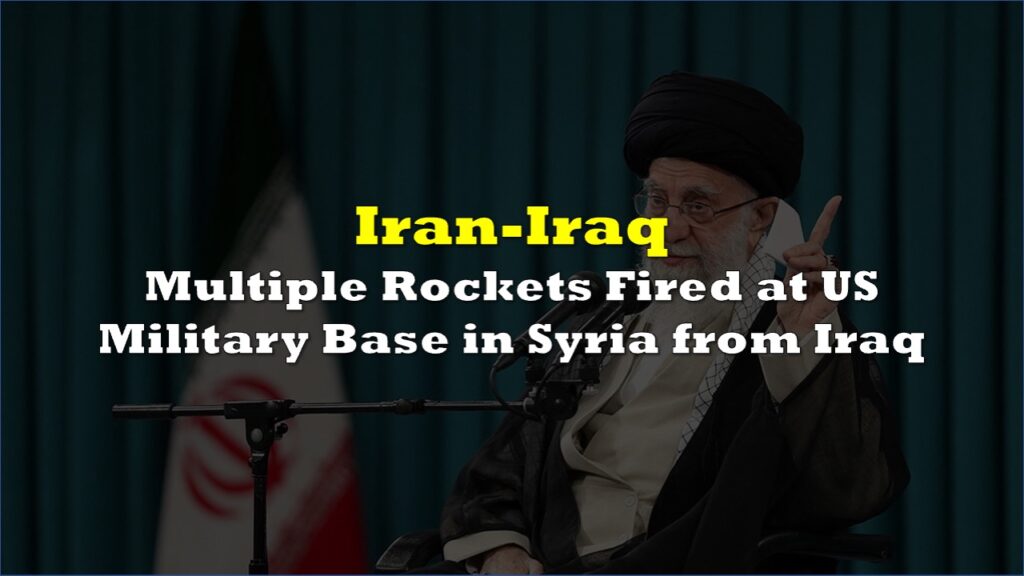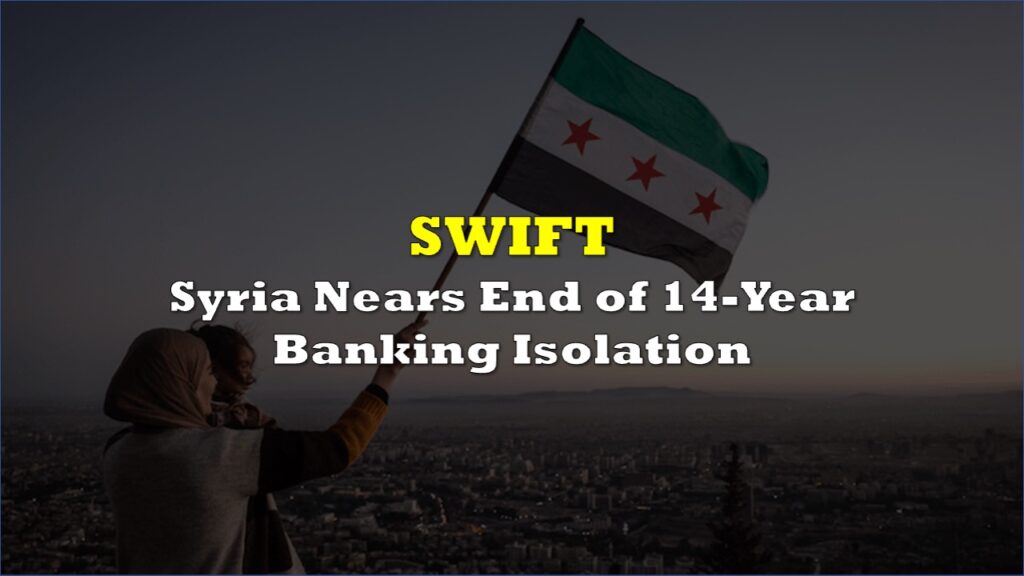The Syrian economy is facing a severe crisis as the Central Bank of Syria recently devalued the Syrian pound by nearly 30% against the US dollar. This move highlights the country’s growing economic distress, with the exchange rate now at 8,542 Syrian pounds per dollar, a significant jump from the previous rate of 6,532.
The gap between official rates and the black market has widened, with the dollar fetching a higher price at 11,800 pounds in the informal market. This follows a 25% surge in the exchange rate over the past few weeks, as reported by the pro-government Al-Watan newspaper.
In response to the escalating crisis, the Syrian cabinet held an emergency session to address the deteriorating economic situation. However, the financial instability is taking a toll on the Syrian people, who are already grappling with lengthy electricity outages and soaring fuel prices during the sweltering summer.
Over the past month, the Syrian pound has experienced an unprecedented plummet against foreign currencies, reaching 9,000 to 12,500 pounds per dollar, marking a 25% loss in value within a single month. This rapid erosion of the pound’s value has pushed Syrians living in impoverished conditions even deeper into hardship, leaving them unable to withstand any further deterioration.

This is not the first time that Syria has devalued its pound against the dollar. On January 2, the Central Bank of Syria made a significant reduction in the value of the Syrian pound, weakening the official exchange rate from 3,015 Syrian pound to the US dollar to 4,522 while the current value at that time was approximately 6,500.
Before the 2011 pro-democracy protests and the start of the ongoing civil war, the national currency was trading at 47 to the dollar. However, due to the imposition of sanctions by many countries against the regime, the value of the Syrian pound has been severely affected.
The current economic situation is the worst since the onset of the uprising against Syrian President Bashar Al-Assad’s regime 12 years ago. The country is facing high inflation, erosion of public services, and a decline in industrial and oil production. Even in the capital Damascus, access to electricity is limited to just a few hours a day, while prices have skyrocketed. These challenges are felt throughout Syria, regardless of whether the areas are under state or opposition control.
Wages and salaries in Syria have hit historic lows and fail to cover basic living costs, forcing many Syrians to work multiple jobs just to make ends meet. A significant portion of the population now relies on humanitarian aid or remittances from relatives living abroad.
The Syrian economy has faced multiple shocks since the uprising began, including the destruction of infrastructure due to the ongoing conflict, the displacement of millions of Syrians, corruption, and the impact of international sanctions. The global economic downturn from the Covid-19 pandemic, the earthquake in northwestern Syria and Turkey, and the effects of the Russian war in Ukraine have all compounded the economic crisis.
Reports say some Syrian businesses have closed down due to the implosion of the Syrian pound and the increasing inflation.
Shopkeepers in #Suwayda Governorate, southern #Syria, have closed their shops due to the plummet of the Syrian pound and the skyrocketing of the prices. pic.twitter.com/sEFPwZr7md
— NORTH PRESS AGENCY – ENGLISH (@NPA_English) July 25, 2023
The fuel crisis in Syria has worsened due to a near stop in oil shipments from Iran, the country’s primary source of fuel during the years of war. Additionally, Kurdish forces supported by the US control the largest oil reserves in northeastern Syria, further exacerbating the fuel shortage and impacting electricity production and essential services.
The UN Envoy to Syria, Geir Pedersen, has emphasized that the needs of the Syrian people have reached their worst levels since the conflict began, urging the international community to urgently address their needs, especially in opposition-controlled areas that lack support from the state.
Economic analyst Said Moqbel warns that the ongoing economic crisis in Syria may lead to chaos or sustained protests by the people, and highlights that a comprehensive political solution is the only way to save the country.
Displaced Syrians living in temporary camps and areas controlled by the regime are facing a double catastrophe, with the state often hostile towards them, and international aid diminished due to conflicts in Ukraine and Russia’s veto preventing aid from reaching northwestern Syria.
Syrian commentator Radwan Ziada points out that the risks to growth in Syria are significant, and without a political transition, the situation is likely to continue worsening. UN reports indicate that more than 84% of Syrians now live below the poverty line, and Syria’s oil revenues are mostly redirected to the Kurdish-led Syrian Democratic Forces (SDF).
The US and European sanctions have had a major impact on the Syrian economy, with the US Caesar Act aiming to hold those responsible for war crimes accountable. The US believes that the economic crisis may force the Syrian regime to comply with UN Security Council Resolution 2254, calling for political reforms.
To increase pressure on the Syrian government, the Captagon Act was issued, holding officials accountable for involvement in the Captagon drug trade. Amidst these challenges, the Syrian opposition acknowledges the need for a political solution to improve the economic situation and inject reconstruction funds into the country.
Information for this briefing was found via The Media Line, Ahram Online, and the sources mentioned. The author has no securities or affiliations related to this organization. Not a recommendation to buy or sell. Always do additional research and consult a professional before purchasing a security. The author holds no licenses.









